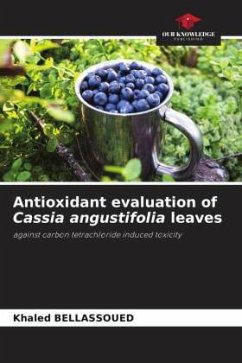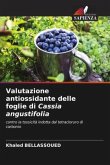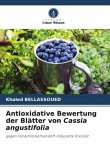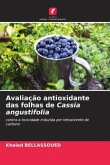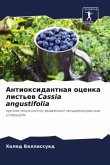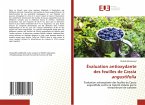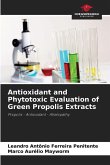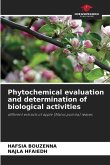In this work, we were interested in the extraction of Cassia angustifolia leaves by different solvents and in the determination of its biological properties in order to study its antioxidant power in vitro and in vivo.It emerges through the observation of the extraction yields of Cassia angustifolia leaves with different solvents that methanol gives the best extraction yield, that is to say, an average of (6.77%), while the decoction gives the lowest yield (0.41% on average). The highest levels of phenolic compounds were detected in the methanolic extract (5.76%) followed by the ethanolic extract (4.38%) of Cassia angustifolia leaves. The total antioxidant capacity in the different extracts of the leaves of Cassia angustifolia is defined in ascending order: decoction, ethyl acetate, ethanol, methanol.To better valorize the results obtained in vitro, we moved to the animal model to study the effect of EMCA in the fight against oxidative stress using carbon tetrachloride CCl4 as oxidizing agent.The results obtained clearly showed that CCl4 induced dom

